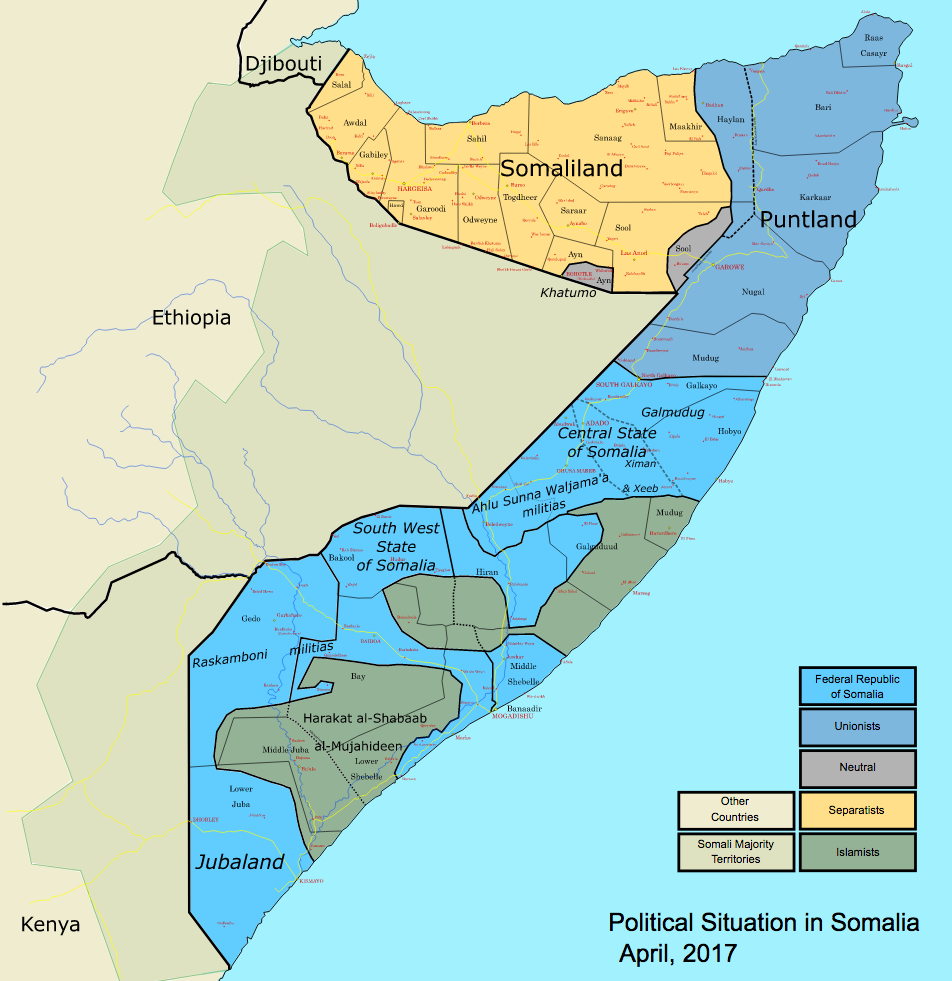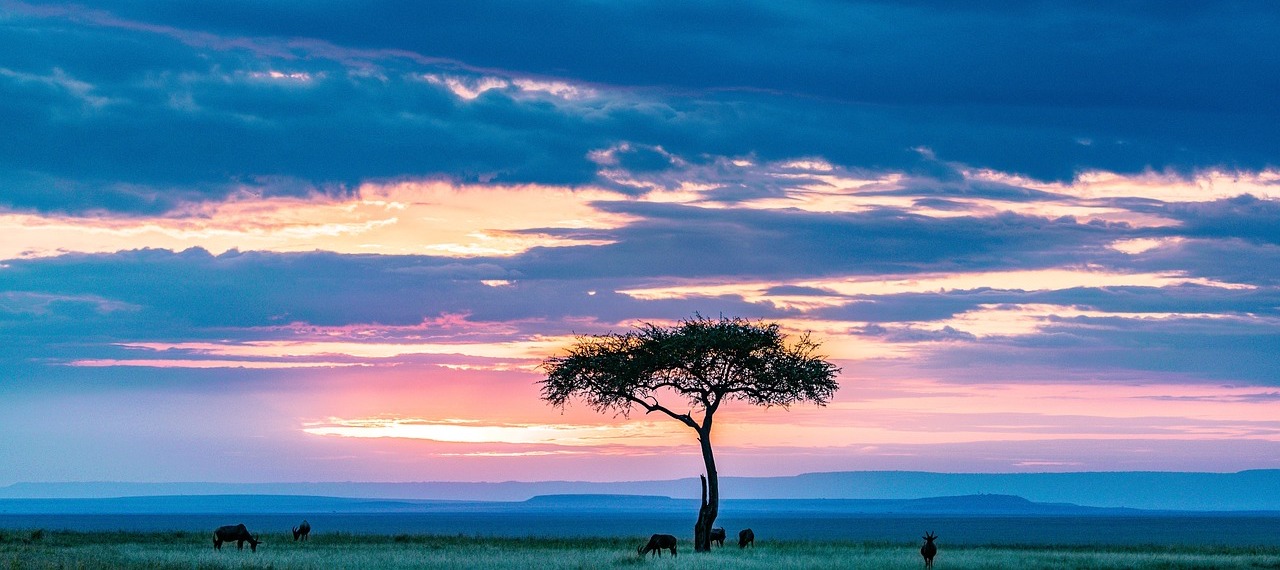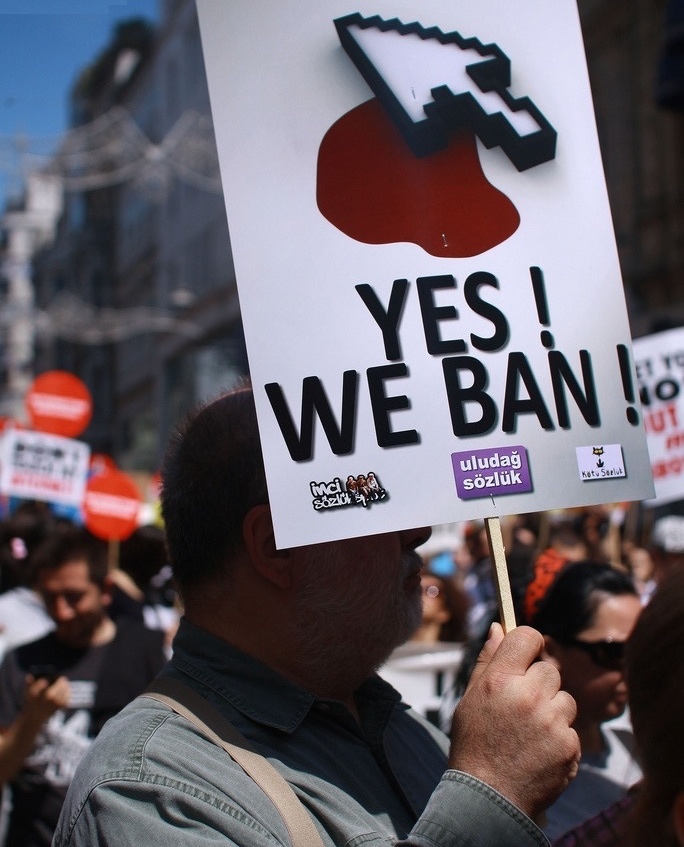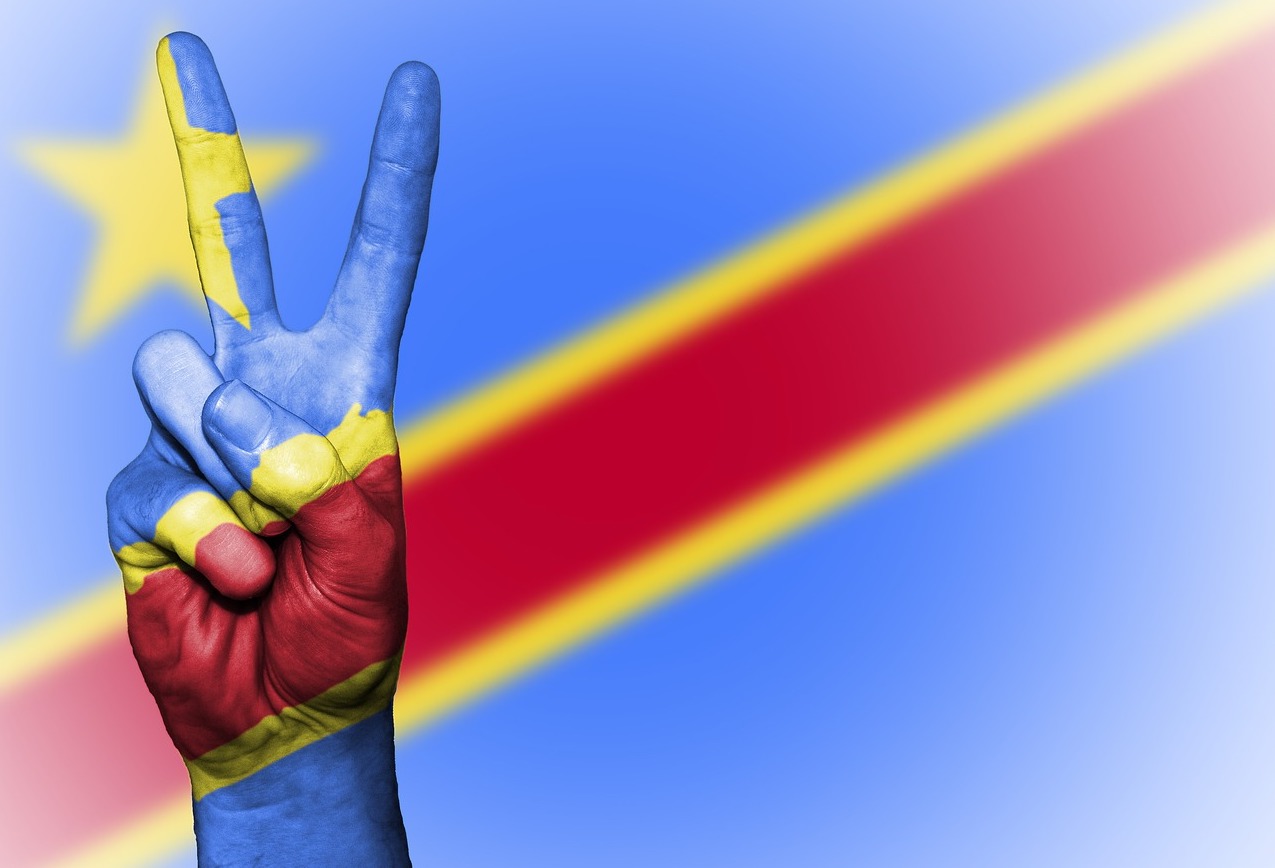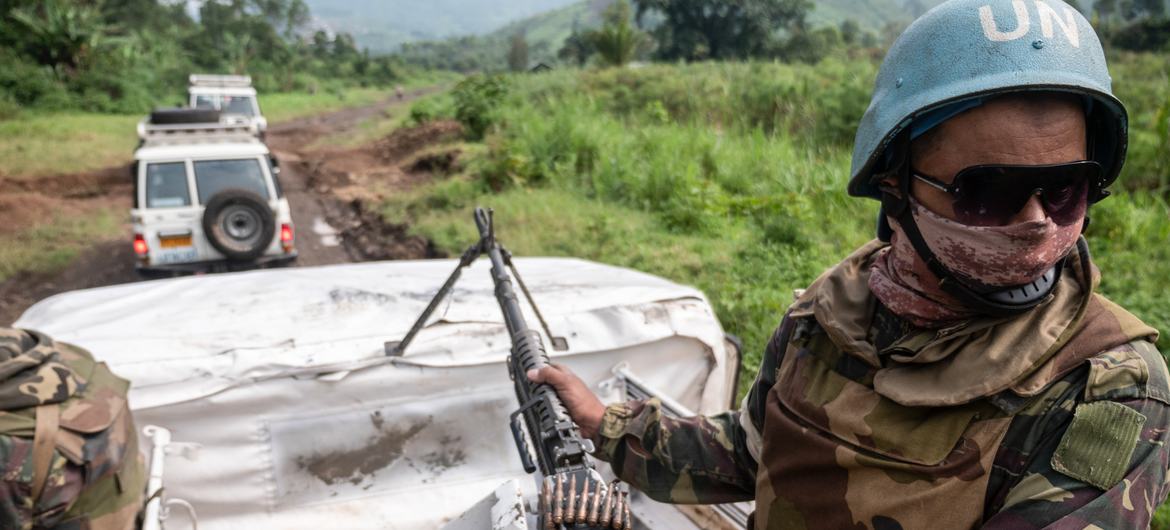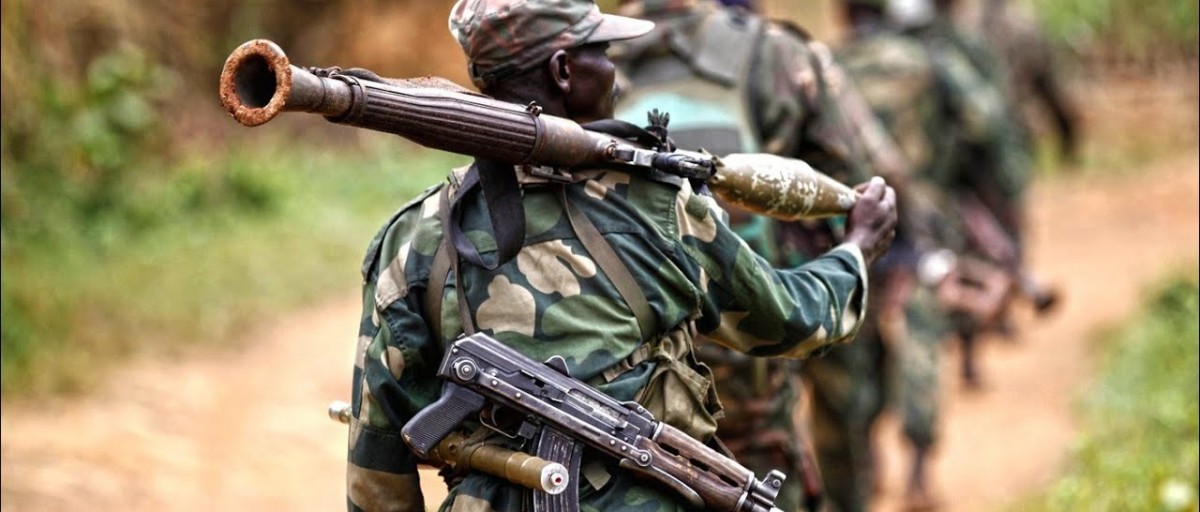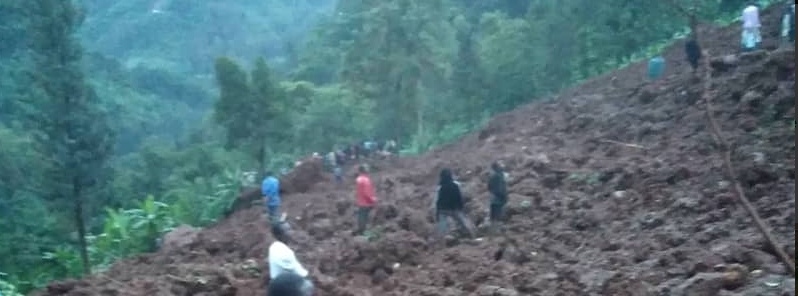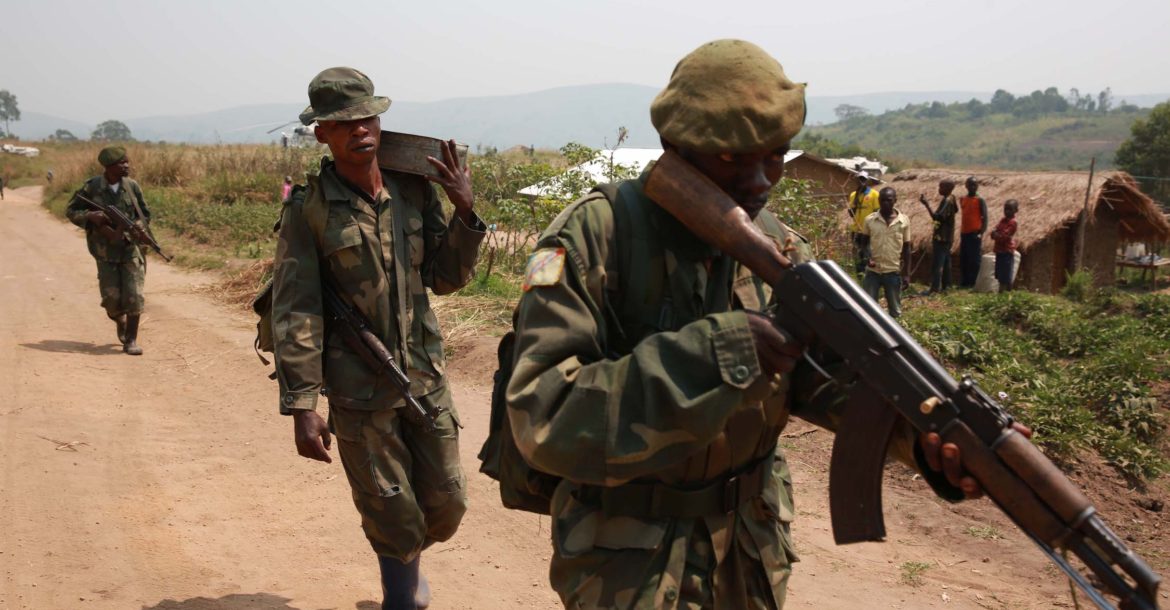
Another intervention in eastern DR Congo?
Congolese President Félix Tshisekedi has threatened to terminate the mandate of an East African Community military force that deployed to the Democratic Republic of the Congo last year. The force was set up to contain an insurgency by the Rwanda-backed M23 rebel group, which has uprooted nearly a million people in the country’s east. The EAC claims the rebels have pulled back from occupied areas thanks to their intervention, but Congolese officials say the group remains at large and accuse the EAC of inaction. The regional mission was unpopular from the outset among Congolese, who are mindful of the destructive role neighboring states have played in their country. Yet new military interventions are being prepared, with the Southern African Development Community (led by South Africa and Tanzania) announcing plans to deploy troops. (Photo: MONUSCO via Defense Post)



